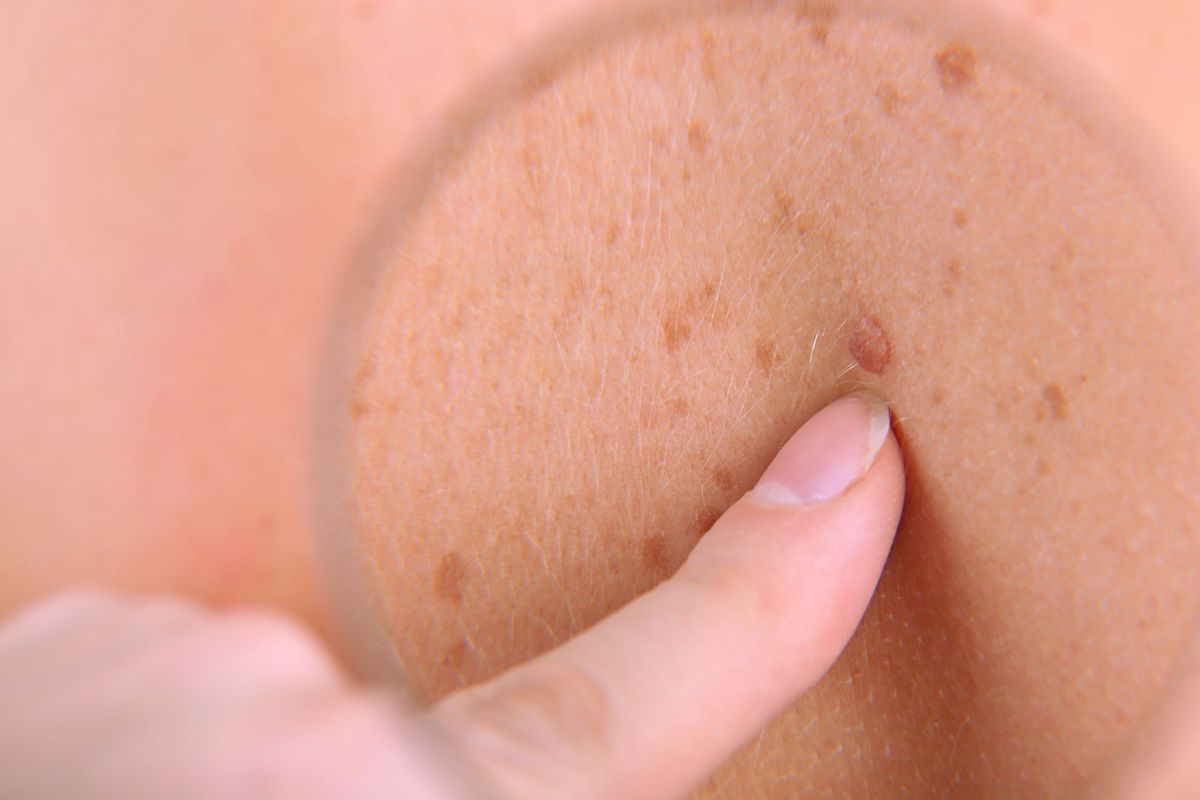Skin Cancer Exam

Anyone can get skin cancer although susceptibility is dictated by an individual’s melanin level (a protective pigment in the skin). Darker skin has more melanin which translates to lower UV damage risks. Overexposure to the sun during early adulthood (20 to 29 years) has been proven to increase risks of getting melanoma, squamous cell, and basal cell skin cancers. In fact, most skin cancers have been linked to UV radiation from sunlight. However, some skin cancers have also been linked to tanning beds.
Skin cancer screening involves examination of any changes in the texture, size, color, and shape of skin freckles and moles. Screening should be done once a year during annual physicals. It is, however, recommendable to seek medical attention immediately when you notice any changes in your skin on areas which are usually exposed to the sun such as; the forehead, hands, nose, ears and lower lip.
More from Things Health
-
Every Diabetic Should Do These 8 Things
Being diagnosed with diabetes can be perplexing, however, through some minor lifestyle changes it can be less daunting. Everyone knows that it’s important to keep…
-
Joint Health
The importance of healthy joints can't be underestimated. Good joint health can go a considerable way in promoting your state of health. Those with strong…
-
Supplements For Thyroid Health
It's never too soon to think of nutritional supplements for thyroid health. There are various factors that may endanger the wellness of your thyroid, and…
-
Find Out Why Sore Feet Should Never Be Ignored
Your feet have a complex anatomy, and they are quite vulnerable to a lot of health problems. They can tell you a lot about hidden…
-
8 Health Conditions Caused By Diabetes
Chances you know someone who has diabetes, as it is a common disease that affects millions of North Americans. The two types of diabetes are…






